Book Review: Jangala The Mystical Jungles Of India
First published in Sanctuary Asia,
Vol. 42
No. 12,
December 2022
With improved technology and a much greater appetite among the young for books to remind them of the wonderful biosphere in which they live, it is heartening to see how many new, high-quality publications are emerging from within India. Here is a book that Sanctuary believes should be in every public library and in the homes of all those whose hearts beat to nature’s drum.
JÄá¹…gala – The Mystical Jungles of India
By Lara and Siddharth Morakhia
Published by Lara Morakhia & Siddharth Morakhia, 2021
Hardcover, 254 Pages, Price ₹ 29,759
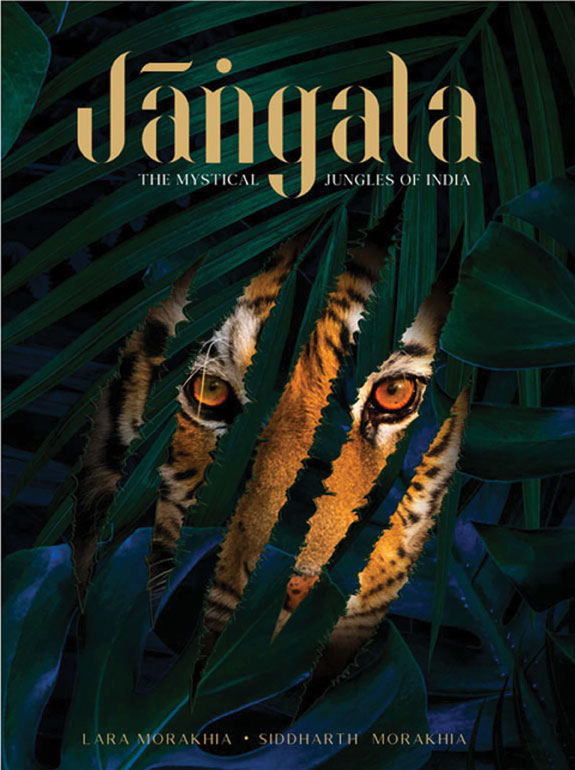
There is no longer any doubt that wildlife protection is a matter of life and death. Not just for the wild species that have been the focus of conservationists down the decades, but for human beings who have so separated themselves from nature they consciously reject the reality articulated by Chief Sealth, leader of the Suquamish and Duwamish tribes:
“Teach your children what we have taught our children, that the Earth is our Mother. Whatever befalls the Earth, befalls the sons and daughters of Earth. We did not weave the web of life; we are merely a strand in it. Whatever we do to the web we do to ourselves.”
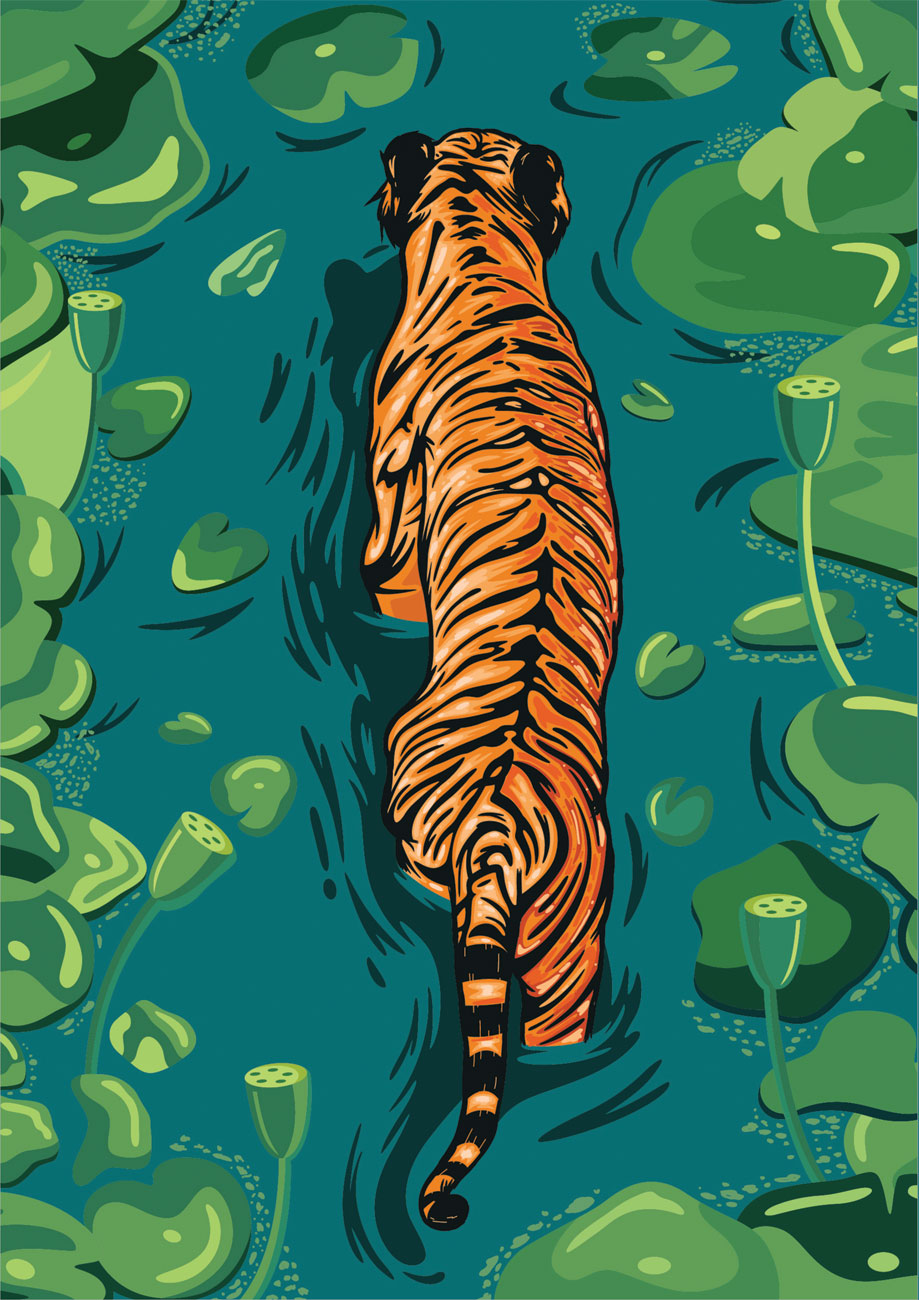
But not everyone has forgotten!
As the editor of a nature magazine for over four decades, I see an uncounted number of books themed around forests and wildlife. But on poring over the labour of love titled JÄá¹…gala – The Mystical Jungles of India, I spent over an hour gazing in quiet wonder at the images of the stunning, large-format publication, and thought to myself that a kind of rebirth seems to be taking place. After decades of destruction (still ongoing at the hands of my generation, no doubt), the signs of change are palpable in the outpourings of the hearts and minds of our young. The large format images and the sensitive text that grace JÄá¹…gala’s pages, put together by designer-author Lara Morakhia and her photographer son Siddharth, belong in public libraries, to fuel the imagination of the young who will need to negotiate a great U-turn, away from the destruction we have inflicted upon them, towards
the regeneration and veneration of nature for which India was once justifiably respected.
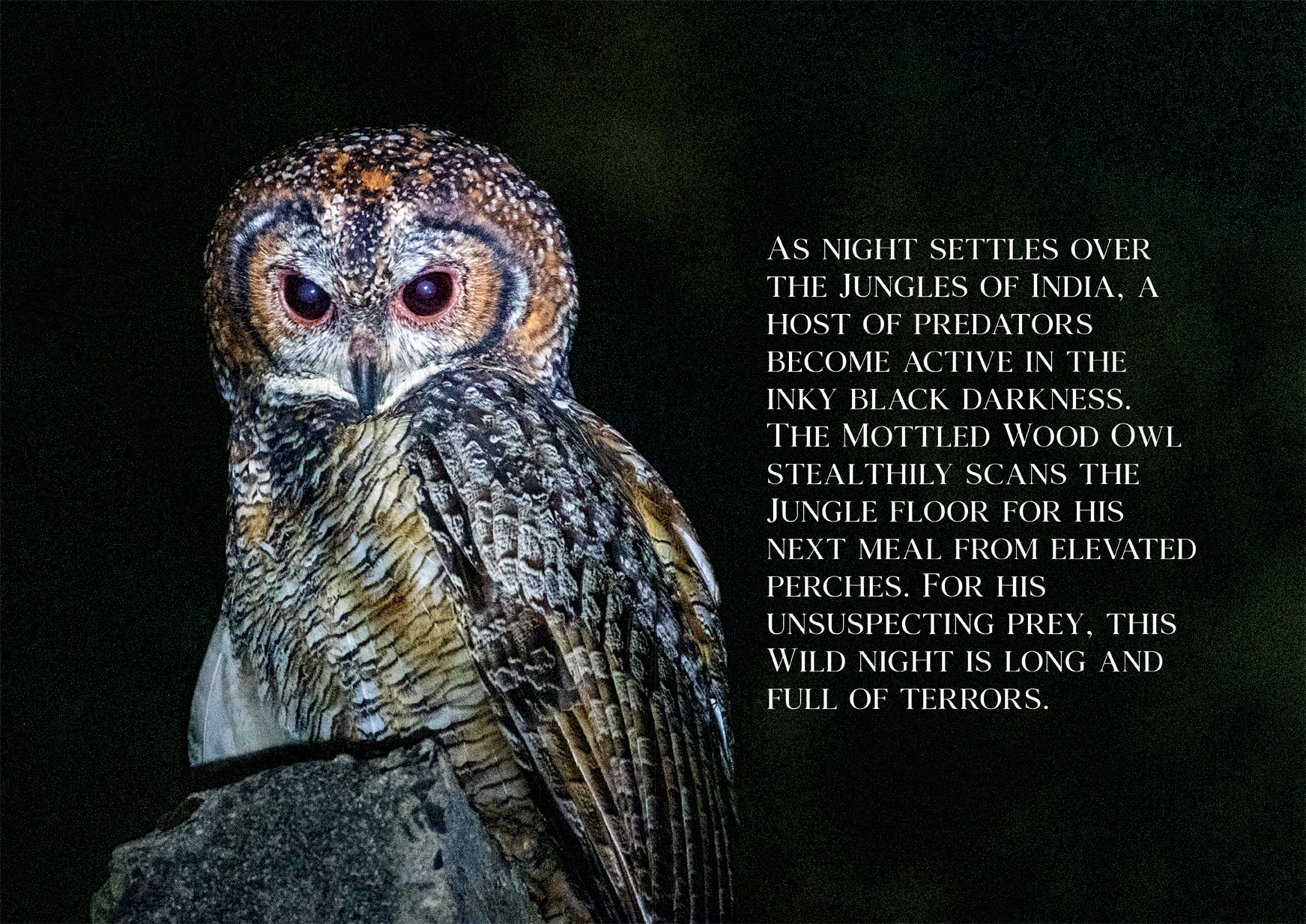
The duo has chosen to focus, through five lavish chapters, on the national parks in Central, Western and Southern India. The images, design and production quality of JÄá¹…gala are of unsurpassable quality and I agree with Mridul Sawhney whose testimonial reads: “This is not a book, it is an experience.”

Still pictures and moving words are packaged in a publication that reveal both physical and spiritual churnings. Writing about a leopard courting her mate, Lara writes, “the beauty of a female leopard is beyond captivating… she elegantly stretched her accordion-like body and acrobatically descended the tree to make her presence and mood clear to her mate.”
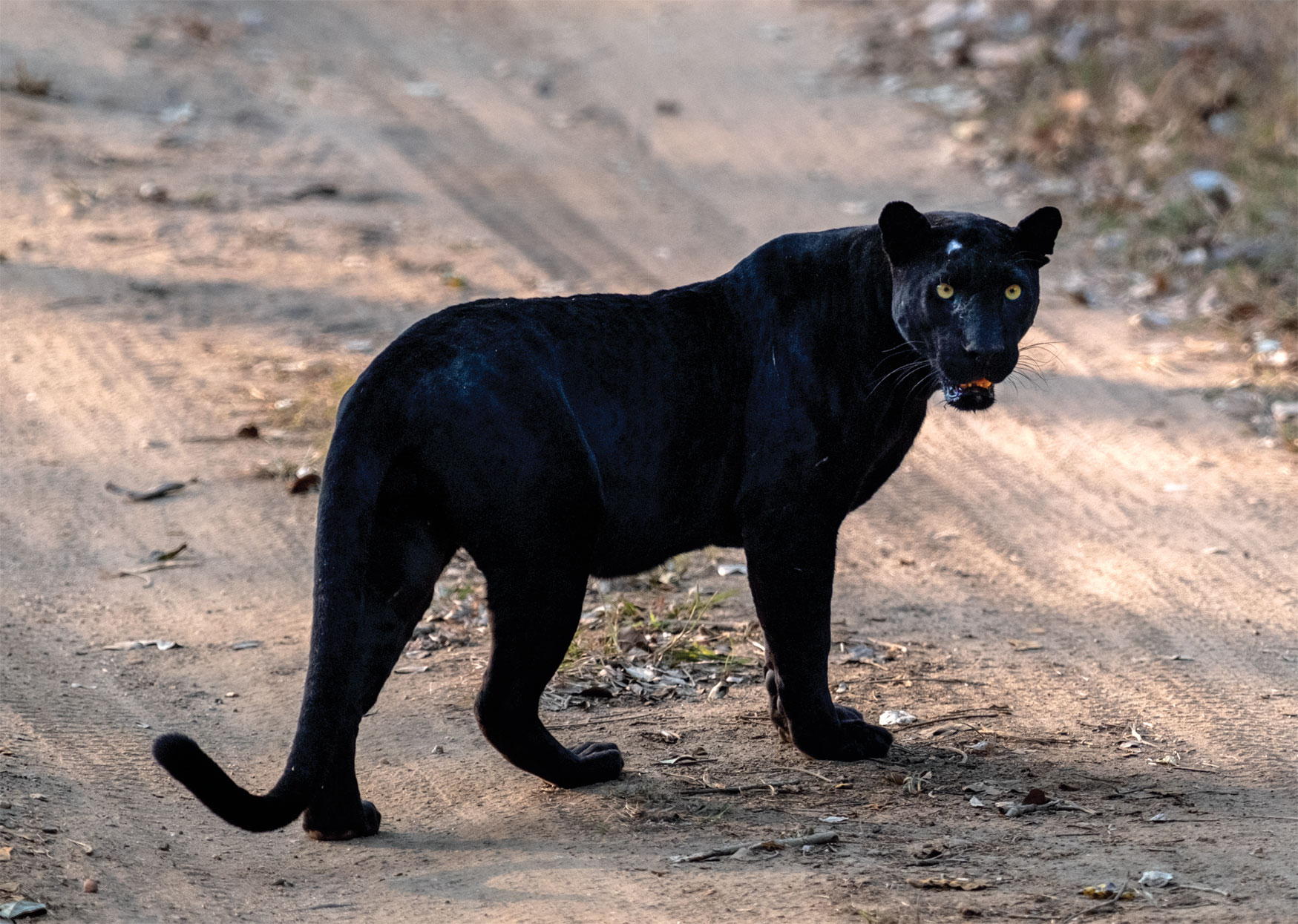
Tigers are understandably given pride of place in the book, but in Kabini, the striped cat was clearly side-lined by Nagarahole’s famous, melanistic leopard: “On one particularly heart-wrenching day, after the panther had been missing for nearly fourteen days, we occupied ourselves with a sighting of a tiger relaxing on a nearby bund.”
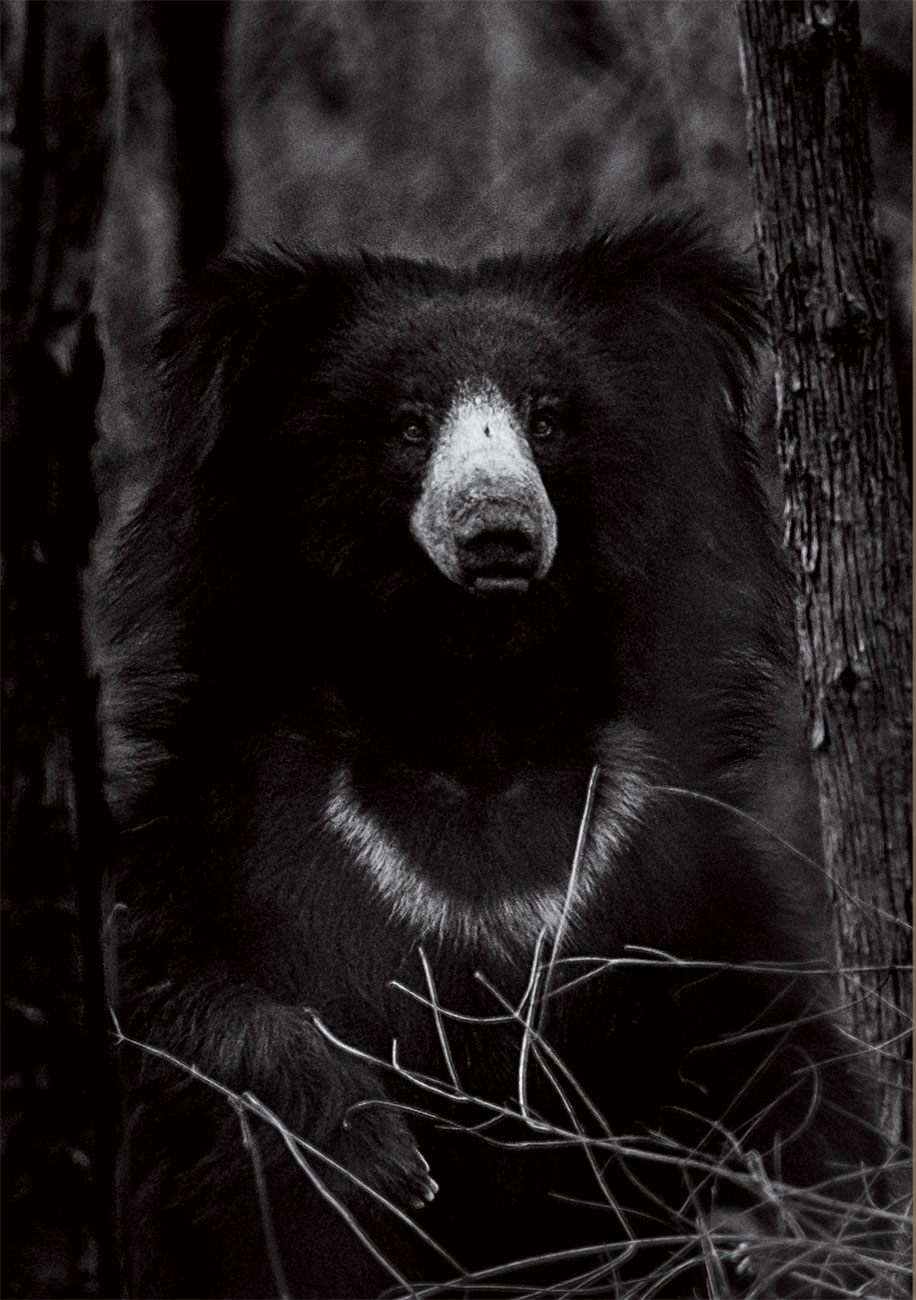
And then, when the duo finally meet their quarry: “As we laid eyes on him for the first time, all the foregone sightings and days of anticipation melted away from memory. Standing in front of us was a surreal sight; a black cat illuminated solely by a pair of golden eyes under the harsh afternoon sunlight. He gave us a cautious and confused look as a small fragment of leaf settled atop his crown… Euphoria.”
The book, printed by Pragati Offset, Hyderabad, deservedly won a PrintWeek ‘Book Printer of the Year 2022’ award for its technically brilliant execution involving gold screen printing, hot foil stamping, spot gloss UV varnishing and metallic beige ink for section markers and its high quality hot-foil stamping. But in my book, it’s the quote from Toni Morrison that Lara and Siddharth Morakhia chose for their epilogue that won the day:
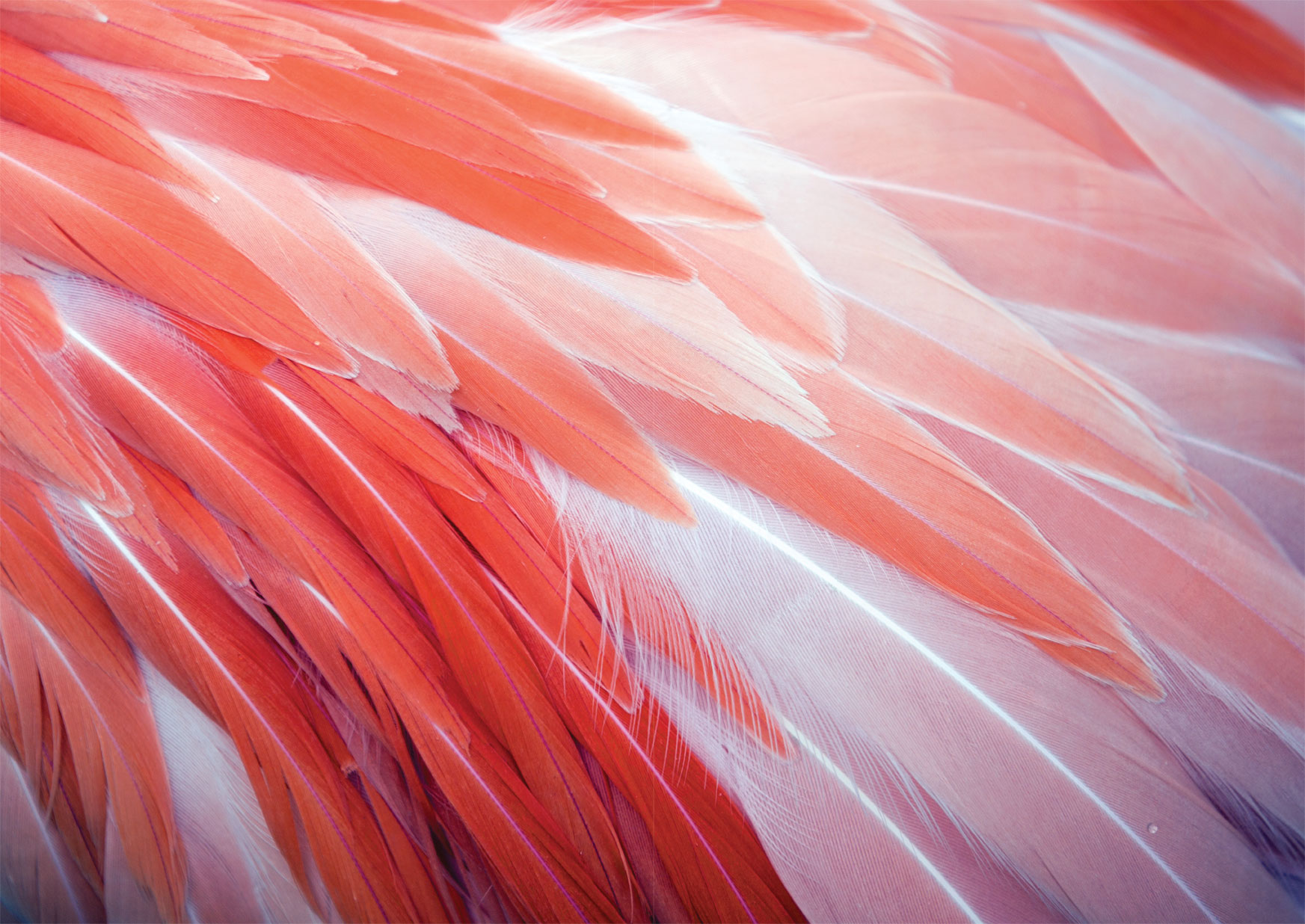
“At some point in life, the world’s beauty becomes enough.”
Reviewed by Bittu Sahgal.








